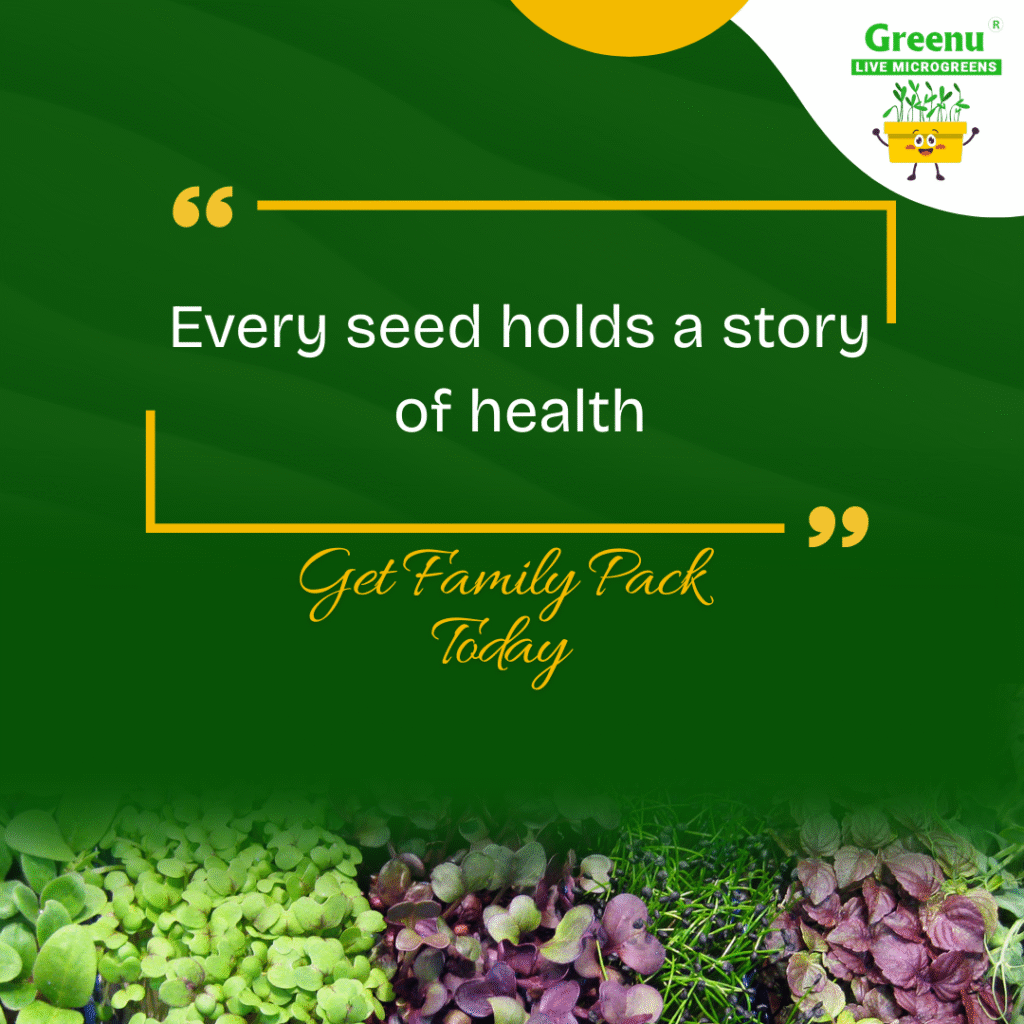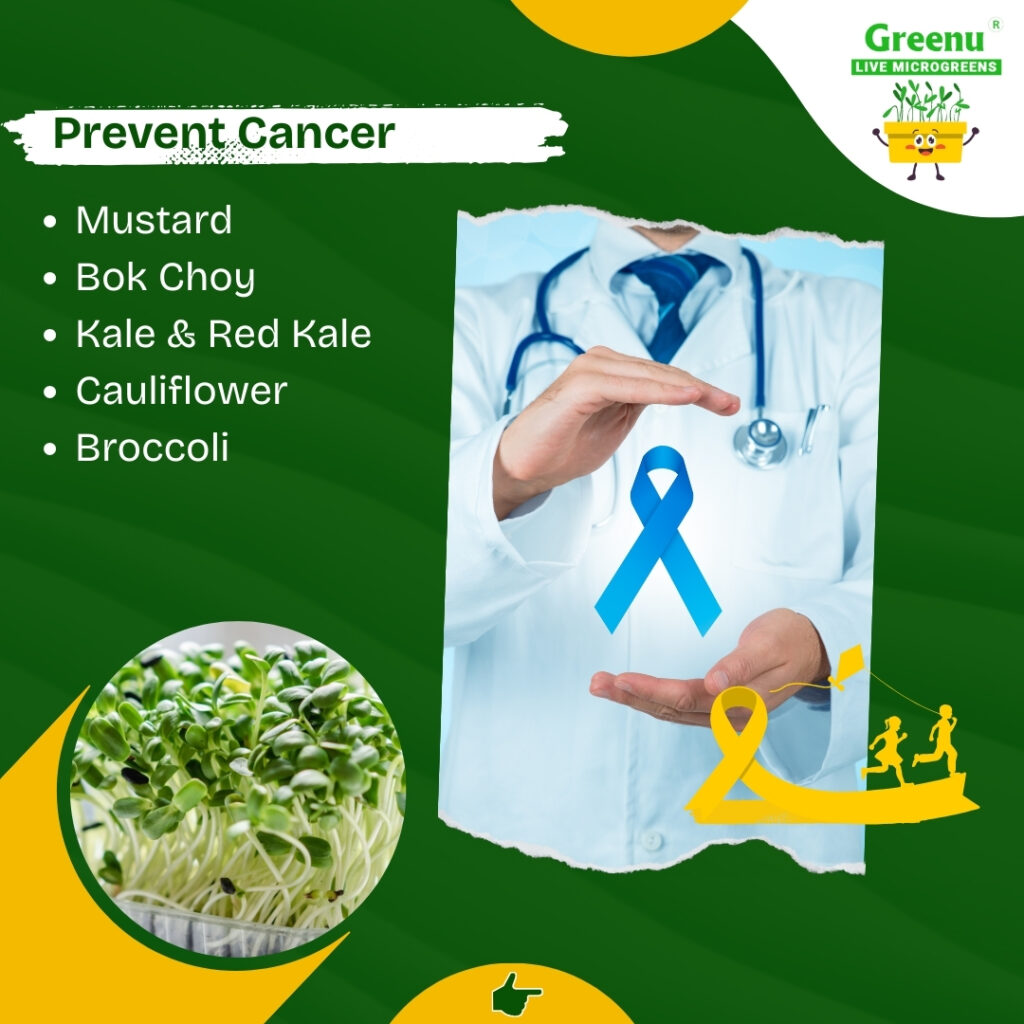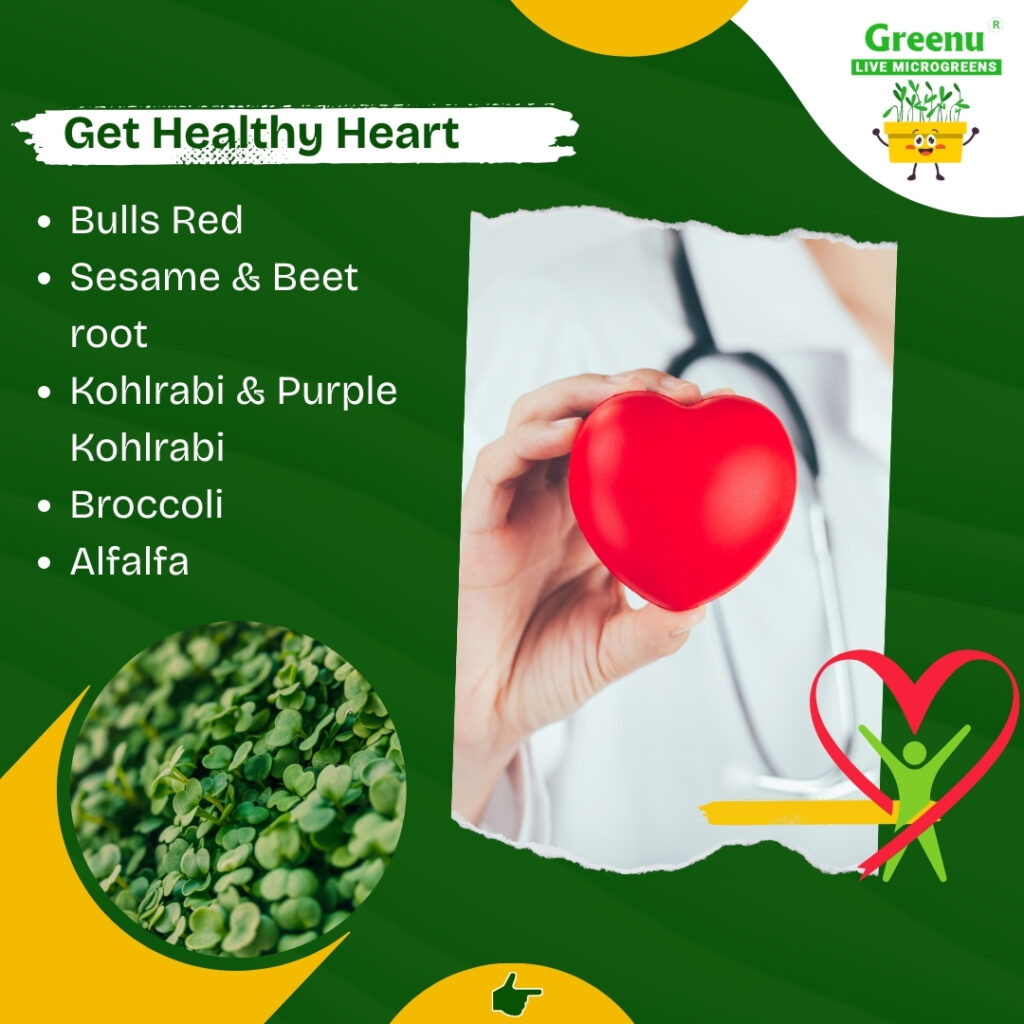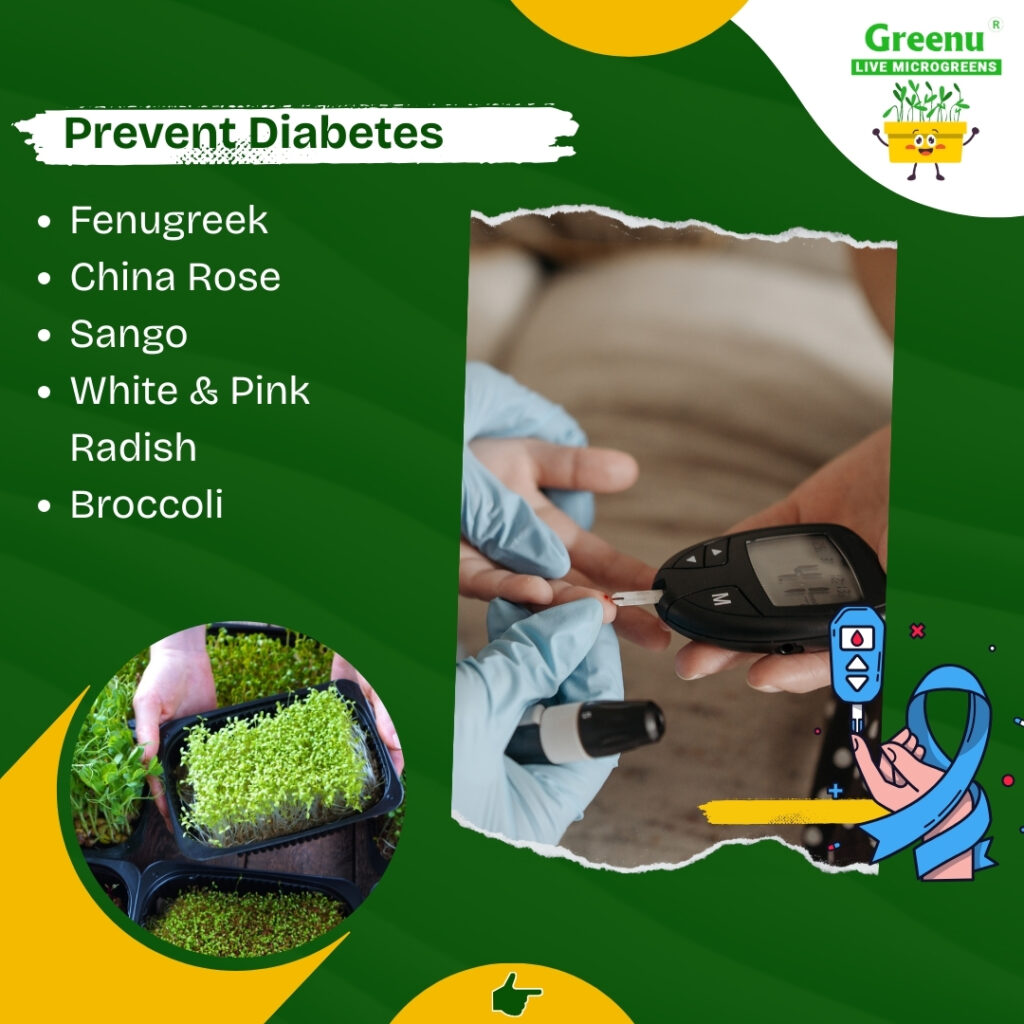Every seed holds a story of health
Flourisha
Disease Specific Microgreens Seeds

Fight Disease the Green Way
Good health begins with the food we eat, and nature has already provided us with powerful tools to fight disease—microgreens. These tiny plants, harvested just days after sprouting, are loaded with vitamins, minerals, antioxidants, and phytochemicals that support the body in preventing and managing chronic illnesses.
Microgreens such as broccoli, kale, and radish are rich in compounds that help reduce inflammation and strengthen the immune system, making the body more resilient to infections. Fenugreek and spinach microgreens aid in regulating blood sugar levels, lowering the risk of diabetes. Beet and arugula microgreens improve heart health by enhancing circulation and lowering blood pressure.
Microgreens are young, nutrient-dense plants harvested shortly after germination. Recent research highlights their role as “disease-specific microgreens,” meaning certain varieties may provide targeted health benefits linked to chronic diseases. Because they are rich in vitamins, minerals, antioxidants, and bioactive compounds, they are being explored as functional foods for disease prevention and management.
Broccoli microgreens are known for their high sulforaphane content, a compound studied for its cancer-preventive properties by supporting detoxification and reducing oxidative stress. Fenugreek microgreens have shown potential in regulating blood sugar, making them valuable for people at risk of or managing diabetes. Red cabbage microgreens are loaded with anthocyanins and vitamin C, which help combat inflammation and oxidative stress, factors that contribute to conditions like arthritis and heart disease. Radish microgreens are rich in polyphenols and nitrates, supporting cardiovascular health by improving blood flow and reducing cholesterol levels.
Other examples include kale microgreens for eye health due to lutein, and mustard microgreens with antimicrobial compounds that may aid gut health.

Prevent PCOD/PCOS
Polycystic Ovarian Disease (PCOD) and Polycystic Ovarian Syndrome (PCOS) are increasingly common hormonal disorders among women, often linked to poor lifestyle choices, stress, and unhealthy diets. One effective way to manage and even prevent these conditions is by adding nutrient-dense foods like microgreens to the daily diet.
Microgreens are young, edible plants harvested at the early growth stage. Despite their small size, they contain up to 40 times more vitamins, minerals, and antioxidants than their mature counterparts. This concentrated nutrition helps balance hormones, reduce inflammation, and improve insulin sensitivity—three key factors in preventing PCOS.
Prevent Cancer
Cancer is one of the leading health concerns worldwide, and while no single food can guarantee complete protection, research shows that diet plays a vital role in lowering cancer risk. Among the most powerful foods for prevention are microgreens—tiny plants harvested just after germination. Despite their small size, microgreens pack a concentrated dose of vitamins, minerals, and bioactive compounds that help protect the body from cell damage.
Microgreens such as broccoli, kale, and radish are rich in antioxidants like vitamin C, vitamin E, and polyphenols, which neutralize free radicals—unstable molecules that can damage DNA and trigger cancer growth. Broccoli microgreens, in particular, contain sulforaphane, a natural compound shown to slow the growth of cancer cells and support detoxification in the liver. Red cabbage and mustard microgreens also provide anthocyanins and glucosinolates, both linked to anti-cancer properties.


Get Healthy Heart
A healthy heart is the foundation of overall well-being, and what we eat directly impacts cardiovascular health. One simple yet powerful way to support your heart is by including microgreens in your diet. These young, nutrient-packed plants contain concentrated vitamins, minerals, and antioxidants that protect the heart and improve circulation.
Microgreens such as beet, kale, and arugula are especially heart-friendly. Beet microgreens are rich in nitrates, which help lower blood pressure and improve blood flow. Kale and arugula microgreens provide vitamin K, essential for maintaining healthy arteries and preventing calcium buildup. Sunflower and broccoli microgreens contain plant-based proteins, magnesium, and sulforaphane, which reduce inflammation and oxidative stress—two major risk factors for heart disease.
Prevent Diabetes
Diabetes is one of the fastest-growing lifestyle diseases, often linked to poor eating habits, inactivity, and stress. Preventing or managing diabetes starts with a healthy diet—and microgreens are a natural powerhouse that can help regulate blood sugar and improve overall metabolic health.
Microgreens are tiny plants harvested soon after germination, yet they contain far more vitamins, minerals, and antioxidants than mature vegetables. For diabetes prevention, fenugreek, broccoli, and spinach microgreens are especially beneficial. Fenugreek microgreens help improve insulin sensitivity and lower blood glucose levels. Broccoli microgreens are rich in sulforaphane, a compound shown to reduce inflammation and oxidative stress that contribute to insulin resistance. Spinach and kale microgreens provide magnesium, which plays a key role in blood sugar control.
The high fiber content in microgreens slows down sugar absorption, preventing sudden spikes in blood glucose. Their antioxidants also protect the pancreas, the organ responsible for insulin production, ensuring it functions effectively.


Boost Your Immunity
A strong immune system is the body’s natural defense against infections, seasonal illnesses, and chronic diseases. To keep it functioning at its best, nutrition plays a vital role—and one of the most powerful natural boosters are microgreens.
Microgreens are young, edible plants harvested just a few days after sprouting. Despite their tiny size, they contain up to 40 times more vitamins, minerals, and antioxidants than fully grown vegetables. These nutrients directly support immune function by strengthening white blood cells, reducing inflammation, and protecting the body from harmful pathogens.
Broccoli and kale microgreens are loaded with vitamin C and sulforaphane, which enhance immune defense and promote detoxification. Red cabbage and radish microgreens provide anthocyanins and vitamin A, essential for healthy skin and mucous membranes—the body’s first line of defense against infections. Sunflower microgreens supply zinc and vitamin E, both crucial for healing and maintaining immunity.

Flourisha -Disease Microgreens Kit Pack
- Every Kit has 5 Microgreens Seeds Packs, each 100 g.
- Surprise gift inside
- Support : Lifetime access How to Grow?
- Support : How to Grow assistance
- Non GMO, Desi Seeds, Untreated
- Delivery Charges are a bit of self love in return
